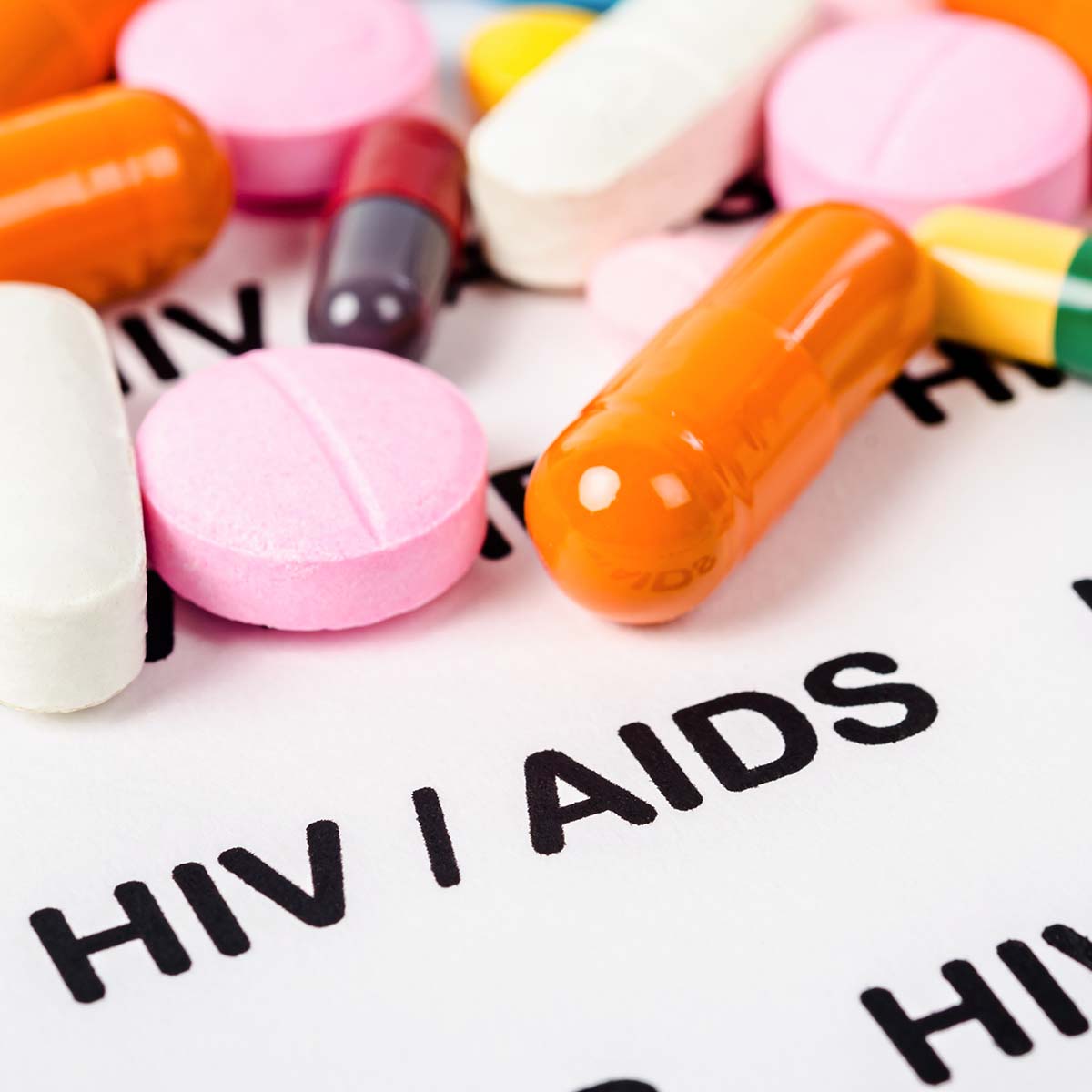Three ‘C’ factors are impacting CAR T-cell therapies now: COVID-19, China and Commercialization. With logistical, reimbursement and pricing hurdles complicating the landscape, what is ahead for this space with fast innovation and roaring competition?
When little to no treatment options were left for refractory patients, early CAR T data in R/R ALL raised hopes of extending young patients’ life expectancy, with Kymriah® heralding an exciting new era in hematological cancers treatment.
- Kymriah® was joined by Yescarta® in DLBCL to become the first CAR Ts to win landmark FDA approval in 2017
- Yescarta’s benefits in DLBCL are significant, though as yet less impressive than Kymriah’s in R/R ALL, demonstrating that outcomes across cancer types won’t be equal
Kymriah® and Yescarta® have opened new doors for developers of cellular immunotherapies who are expanding their focus to other hematological cancers, plus providing new/additional options for currently addressed lymphomas.
COVID-19 unfortunately is slowing CAR Ts’ progress, starting with delaying the FDA approval process of BMS’ Liso-cel (approval delayed to February 5th 2021), due to a hindered inspection process, while also impacting trial development for new products, and revenue growth for existing ones.
China is fast advancing in the CAR T race with the future launch of Legend biotech’s Ciltacabtagene Autoleucel, in collaboration with Janssen Pharmaceuticals/Johnson & Johnson. China has established itself as a strong driver of innovation in the oncology field, is ripe for strategic collaboration and may witness its first CAR T in market by late 2021; Axicabtagene Ciloleucel (FKC876) for the treatment of adult patients with relapsed or refractory large B-cell lymphoma is the product of Kite Pharma technology transfer to Fosun Pharma. However. the dynamics of China’s commercial/ regulatory policies cannot be ignored, nor its potential move for global biotech leadership.
Commercialization success of CAR Ts remains impacted by its reimbursement, pricing and market access challenges in both the US, EU and elsewhere, where new pricing and payment models are being ‘tested’.
On the horizon, however, is a new frontier of ‘off-the-shelf’ CAR T therapies, now in early-phase clinical testing. They have the potential to solve access hurdles through near immediate treatment delivery and lowered costs to payer systems and patients by bypassing the need to personalize the manufacturing process – and to supersede autologous CAR Ts.
This white paper aims to give an overview of where CAR T is now and how Market Access and R&D events are likely to shape the near future, with news from China and intelligence gathered from discussions with CAR T physicians and commercial players.
The CAR T market now
COVID cuts into Yescarta® uptake
Confounding US CAR T reimbursement dynamics
EU reimbursement disparity
Wider COVID-19 implications for CAR T’s
China ups the pace of its CAR T race
The road ahead for CAR T
Authors & Contributors

EDITORIAL BOARD
Peter Barschdorff, PhD, MBA
Vice President, New York
peter.barschdorff@deallus.com

SPONSOR
Julie Munch Khan, PhD
Chief Commercial Officer, London
juliemk@deallus.com

EDITORIAL BOARD
Philip Hart, PhD
Senior Principal, R&D, New York
philip.hart@deallus.com

EDITORIAL BOARD
Anna Scott, PhD
Senior Principal, CI, Los Angeles
anna.scott@deallus.com

HEAD RESEARCHER
Ibrahim Alqemlas
Senior Associate, Los Angeles
ibrahim.alqemlas@deallus.com

EU & CHINA RESEARCHER
Rachel Wang, PhD
Senior Associate, Shanghai
rachel.wang@deallus.com

CHINA RESEARCHER
Haoyu Liu, MSc
Associate, Shanghai
haoyu.liu@deallus.com





